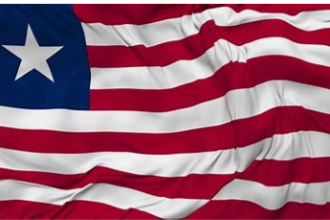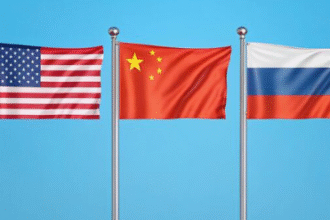By Lamin Guèye
Accra, Ghana – Ghana continues to position itself as an attractive destination for foreign investment, offering broad opportunities for international businesses to own and operate enterprises, including 100% foreign ownership in most sectors. However, the nation maintains a structured regulatory framework, including minimum capital requirements and specific restrictions in certain industries, primarily aimed at safeguarding local industries and ensuring substantial economic contributions.
Foreign investors are generally welcomed to establish businesses across various sectors but are required to register their companies with the Ghana Investment Promotion Centre (GIPC). While the majority of the economy is open, specific limitations apply to protect local enterprises and strategic national interests.
Restricted Sectors and Activities for Foreigners
Certain industries and business activities are either restricted or entirely prohibited for foreign participation. These include some aspects of trading, agriculture, and specific sectors governed by their own legislation, such as fisheries and petroleum.
Notably, foreigners are explicitly barred from engaging in a range of small-scale and retail businesses, as well as certain parts of the gold mining and trading sector. Prohibited activities include:
- Small-Scale Retail:Â Operating barbering shops, hair salons, engaging in petty trading, and hawking are strictly off-limits to foreign individuals and entities.
- Specific Production:Â Foreigners are prohibited from the production of recharge scratch cards, basic stationery like exercise books, and the retail of finished pharmaceutical products.
- Sachet Water Production:Â The production and sale of sachet water is also a restricted domain for foreign investors.
- Local Gold Market:Â Foreigners are banned from trading in the local gold market, an area reserved for Ghanaian participation.
Minimum Capital Requirements for Investors
To ensure significant and meaningful investment, Ghana has established clear minimum capital thresholds for foreign enterprises:
- Joint Ventures:Â For foreign investors partnering with Ghanaian entities, a minimum foreign capital investment of US$200,000 is required.
- Wholly Foreign-Owned Enterprises:Â Companies entirely owned by foreigners must commit a minimum investment of US$500,000 in foreign capital or equivalent capital goods.
- Trading Enterprises:Â Businesses primarily engaged in trading, whether wholly or partly foreign-owned, face the highest capital requirement of US$1,000,000 in foreign capital and are additionally mandated to employ at least 20 Ghanaian citizens.
These regulations are underscored by key legislation, including the Companies Act, 1963 (Act 179), the Income Tax Act, 2015 (Act 896), the Fisheries Act, 2002 (Act 625), and the Petroleum (Exploration and Production) Law 2016, (Act 919), which collectively govern the operational landscape for both domestic and international businesses in Ghana.
The structured approach aims to foster economic growth through foreign direct investment while simultaneously safeguarding and nurturing local entrepreneurship and strategically important sectors of the Ghanaian economy.









